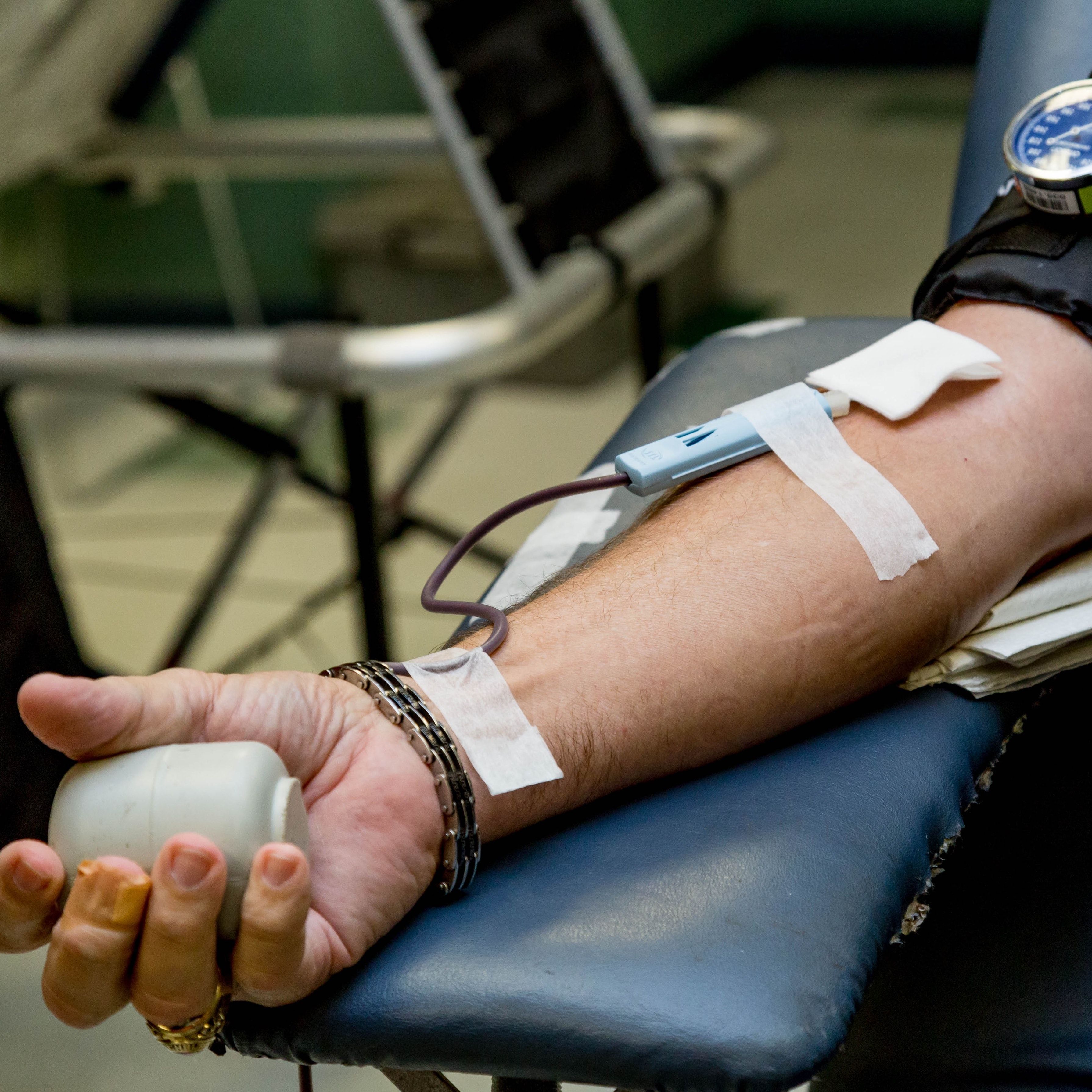Article
FDA Adjusts Stance on Buprenorphine, Methodone for Opioid Addiction
Author(s):
Buprenorphine and methadone — while linked to increased risk of serious side effects — are more beneficial than harmful when combined with benzodiazepines or other central nervous system depressants for opioid addiction care.

The US Food and Drug Administration (FDA) issued a warning Wednesday, cautioning doctors against withholding opioid addiction medications buprenorphine and methadone in particular combination therapy regiments.
According to the FDA, the 2 drugs — while linked to increased risk of serious side effects — are more beneficial than harmful when combined with benzodiazepines or other central nervous system (CNS) depressants for opioid addiction care.
The FDA is additionally requiring new information regarding careful medication management be added to buprenorphine and methadone drug labels, as well as recommendations for “minimizing the use of medication-assisted treatment (MAT) drugs and benzodiazepines together.”
The Wednesday release was a follow-up to the administration’s August 2016 statement regarding the risks of combining opioid pain or cough medicines with benzodiazepines. At that time, the FDA announced the addition of Boxed Warnings, the administration’s “strongest warnings,” to the drug labeling of opioid medicines and benzodiazepines.
“Health care professionals should limit prescribing opioid pain medicines with benzodiazepines or other CNS depressants only to patients for whom alternative treatment options are inadequate,” last year’s statement read. “If these medicines are prescribed together, limit the dosages and duration of each drug to the minimum possible while achieving the desired clinical effect.”
The follow-up serves as more of an addendum than correction to that statement — and the label warnings. Buprenorphine and methadone help reduce or stop opioid abuse, according to the FDA, and have been effective in reducing negative health effects and deaths associated with the epidemic.
“These medications are often used in combination with counseling and behavioral therapies, and patients can be treated with them indefinitely,” the Wednesday statement read. “Buprenorphine and methadone work by acting on the same parts of the brain as the opioid that the patient is addicted to.”
The FDA recommended prescribing doctors and health care professionals take actions and precautions to develop a treatment plan for an opioid MAT plan.
Such steps include better educating patients on the risks of combined use, developing management strategies for treatment, tapering benzodiazepine or CNS depressants to discontinuation, verifying whether a patient is prescribed CNS depressants for anxiety or insomnia, recognizing the possibly indefinite efficacy of MAT medications, ensuring other prescribers are aware of the patient’s regiment, and monitoring for illicit drug use.
In a separate statement Wednesday, FDA commissioner Scott Gottlieb, MD, called MAT therapy “one of the major pillars of the federal response to the opioid epidemic in this country.”
“However, health care providers and patients face significant challenges when determining how best to treat opioid use disorder, especially when the MAT drugs contain methadone or buprenorphine — which are also opioids,” Gottlieb said.
The FDA’s new advisory asks both providers and patients to be aware of the risks around these treatments, Gottlieb said. For its own effort, the administration will enforce label changes to MAT drugs to “help decrease the risks of combining these drugs, while taking steps to address situations where the MAT drugs methadone or buprenorphine might be co-administered with benzodiazepines.”
New MAT labeling will recommend providers develop treatment plans that monitor use of the drugs, while carefully tapering benzodiazepine use and consider alternative treatment options for mental health conditions the patients might have been prescribed CNS depressants to address.
Reducing the American opioid addiction rate — and rate of new cases — is one of the FDA’s highest priorites, Gottlieb said.
“We must do everything possible to address the staggering human toll caused by opioid use disorders, and ensuring patients receive proper treatment for both addiction and coexisting mental health conditions is a critical step in that effort,” Gottlieb said.
A press release regarding the decision was made available.
Gottlieb's statement was made available.





